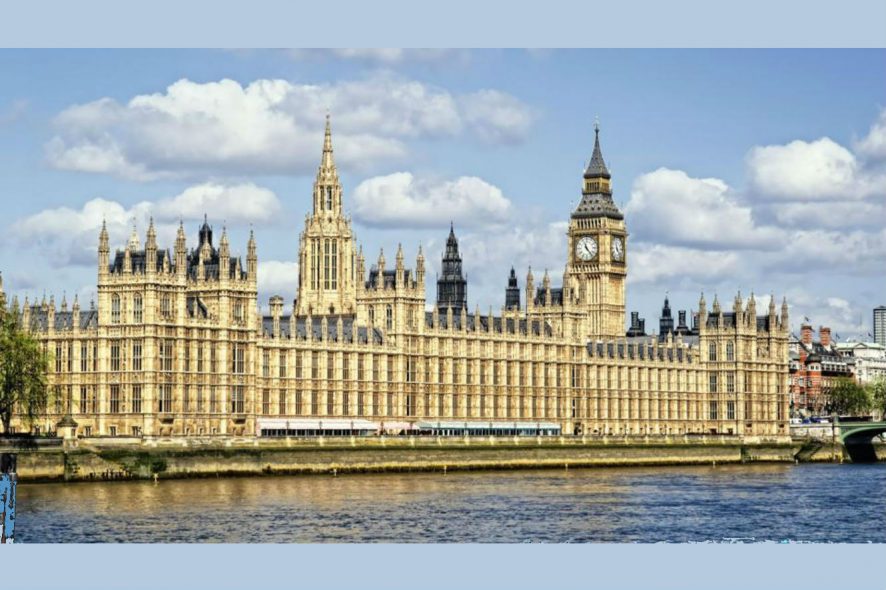On 17th March 2022, Online Safety Bill (OSB) introduced to UK Parliament with stricter sanctions to hold tech giants accountable and criminalising acts such as cyber flashing to usher in an era of Online Safety.
The proposed legislation intended to improve internet safety, published as a draft on 12 May 2021. The bill is introduced to protect people from harmful online content and children from online trolling, illegal pornography, internet fraud and underage access to legal pornography. It does this by imposing a range of duties on service providers, including to use proportionate systems and process to prevent individuals from accessing illegal and harmful content on their websites. Failure to comply will result in heavy fines and punishment.
The Bill seek to protect freedom of speech by imposing a legal requirement to ensure that content moderation does not arbitrarily remove or infringe access to journalistic content.
Key Proposal of the Bill:
- The bill replaces existing communications offences with three new offences:
1. a harmful communication offence;
2. a false communication offence;
3. a threatening communication offence.
- To protect journalism and democratic political debate on their platform. News content will be completely exempted in the bill. Furthermore, social media platforms will only be required to tackle ‘legal but harmful’ content, such as exposer to self harm, harassment and eating disorders, set by the government and approved by Government.
- To protect adults online safety.
- Adults risk assessment duties.
- Children risk assessment duties.
- To protect children’s online safety.
- Duties of Care include number of specific duties, these are-
1. Record keeping and review duties.
2. Duties about reporting and redress.
3. The illegal content duty.
4. The duty of rights of freedom of expression and users’ privacy.
- To prevent the risk of users encountering Fraudulent Advertisement.
- Legal content is acceptable on major service providers sites, and provide user- friendly ways to complain when things go wrong.
Office of Communication (OFCOM) Power:
The Bill would empower OFCOM (Office of Communication), regulator to block access to particular user-to-user services or search engines from the UK. It will also have the power to fine companies failing to comply with the laws upto 10 percent of their annual global turnover, force them to improve their practices and block non-compliant sites. Encrypted private messaging services will have to use “accredited
technology” to identify child exploitation and abuse (CSEA) content.To use this power , Ofcom must be certain that no other measures would be similarly effective and there is evidence of problem on service. If a service provider fails to comply with a confirmation decision, Ofcom can, in certain circumstances, apply to courts for an order to impose business disruption measures on provider’s. Major service providers will also need to make clear in their service what legal content is acceptable on their sites, and provide user- friendly ways to complain when things go wrong.
Introduced “Cyberflashing” offence:
The government has introduced a new “cyber flashing” offence into the bill and has announced that executives whose companies fail to co-operate with OFCOM’s information requests could now face prosecution or jail time within 2 months of the bill becoming law, instead of 2 years as it was drafted earlier. These executives could be held criminally liable for destroying evidence, failing to attend or providing false information in interviews with OFCOM .
The categories of content that companies’ terms of service will need to address will be set out in secondary legislation and approved by Parliament. First time, users will have the right to appeal if they feel their post has been taken down unfairly.







